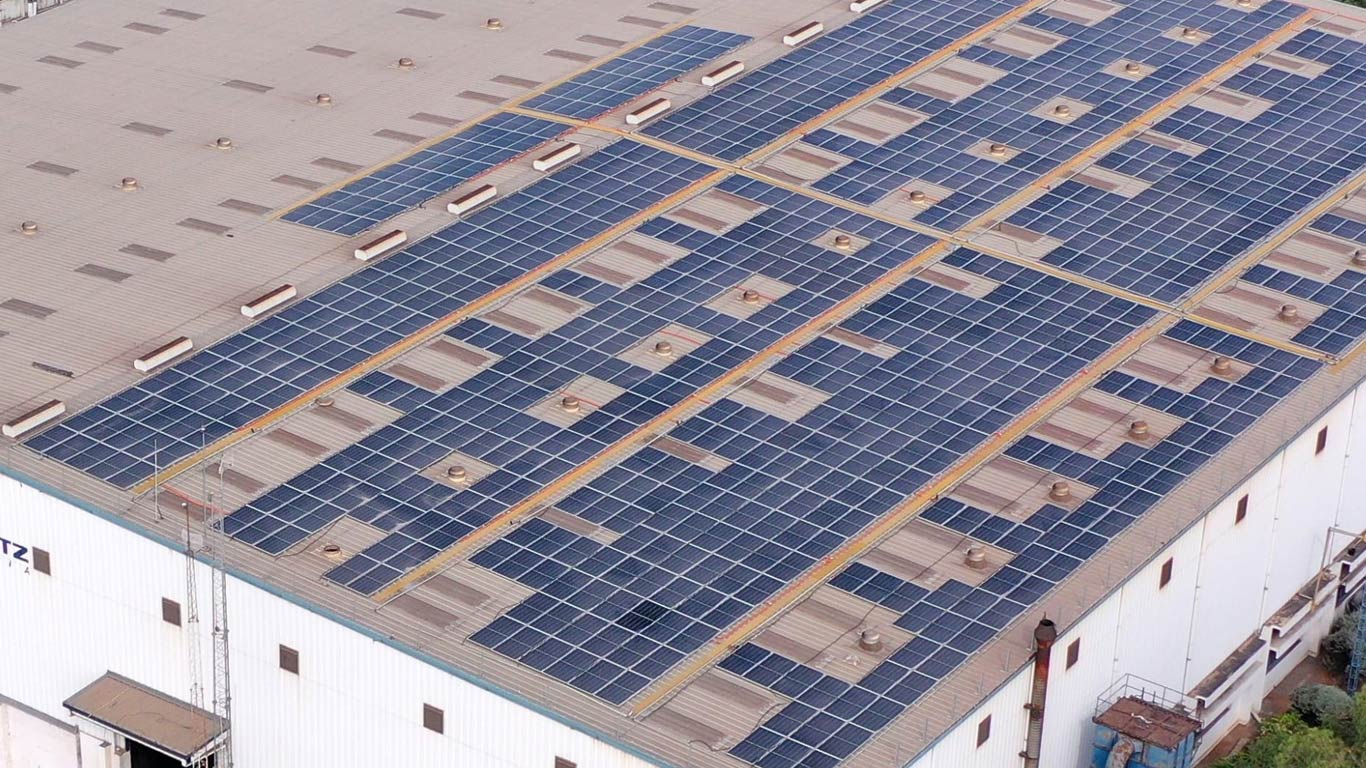CAG finds SEZs had no significant impact on economic growth
Updated: Nov 28, 2014 05:09:59pm

“Though the objective of the SEZ is employment generation, investment, exports and economic growth, however, the trends of the national databases on economic growth of the country, trade, infrastructure, investment, employment etc do not indicate any significant impact of the functioning of the SEZs on the economic growth,” the executive summary of the performance audit said.
The audit conducted between November 2013 and January 2014 involved review of records maintained by various functionaries located throughout the country, under the Ministry of Commerce and Industry and units under the Department of customs, central excise and income tax.
The objective of this performance audit was to assess the adequacy of regulatory framework, policy implementation, operational issues and internal controls of SEZs. An attempt was also made to study the social and economic benefits of SEZs in India, it said.
With regard to the growth pattern of SEZs, “among all the States of India, Andhra Pradesh boasted of operating maximum number (36) of SEZs in the country followed by Tamil Nadu, Karnataka, and Maharashtra,” it said.
As far as land allotment and utilization were concerned, “Land appeared to be the most crucial and attractive component of the scheme. Out of 45635.63 ha of land notified in the country for SEZ purposes, operations commenced in only 28488.49 ha (62.42 per cent) of land. In addition, we noted a trend wherein developers approached the government for allotment/purchase of vast areas of land in the name of SEZ. However, only a fraction of the land so acquired was notified for SEZ and later denotification was also resorted to within a few years to benefit from price appreciation,” the apex auditor said.
On Tax Administration, “SEZs in India had availed tax concessions to the tune of Rs 83104.76 crore (IT Rs 55158; Indirect taxes Rs 27946.76 crore) between 2006-07 and 2012-13. Our review of the tax assessments indicated several instances of extending in eligible exemptions/deductions to the tune of Rs 1,150.06 crore (Income tax Rs 4.39; Indirect Taxes Rs 1,145.67crore) and systemic weaknesses in Direct and Indirect Tax administration to the tune of Rs 27,130.98 crore,” CAG said.
The apex auditor also made an evaluation of the monitoring and controlling aspect of SEZs. A feedback response of Developers, Units within SEZs, the Development Commissioners, Exporters, Trade and Industry, was elicited on various issues concerning functioning of SEZs in the country.
“These responses mainly point towards, among others, a need for revamping single window clearance system, efficient tax administration and review of the decision to introduce DDT and MAT.
“The DCs, Developers and Units have largely stated in their feedback that, monitoring was adequate. However, audit is of the opinion that monitoring framework requires strengthening. The inadequacies in the performance appraisal system of SEZs, compounded by lack of Internal Audit, facilitated developers to misrepresent facts to the tune of Rs 1150.06 crore which remained undetected as there was no mechanism to cross verify the data given in the periodical reports with the original records. Further, there was no system to monitor the exemptions given on account of Service Tax, Stamp Duty etc.
“Consequently, a reliable estimate of the magnitude of the total tax concessions provided could not be made,” it said.
A Special Economic Zone is a geographical region within a Nation State in which a distinct legal frame work provides for more liberal economic policies and governance arrangements than prevail in the country at large. The geographical areas thus notified under the SEZ Act, were declared to be outside the normal customs territory of India.
To establish a new regulatory framework, Government of India announced a comprehensive SEZ policy in April 2000 as a part of the EXIM Policy, which was followed by a dedicated SEZs Act in February 2006. This Act aimed to promote economic growth and development in the form of greater economic activity, promotion of exports, investments and creation of employment and infrastructure.
The objectives were to be achieved through incentivizing the SEZ activities in the form of income tax holidays, various exemptions from several indirect taxes and other benefits. (KNN/ES)











